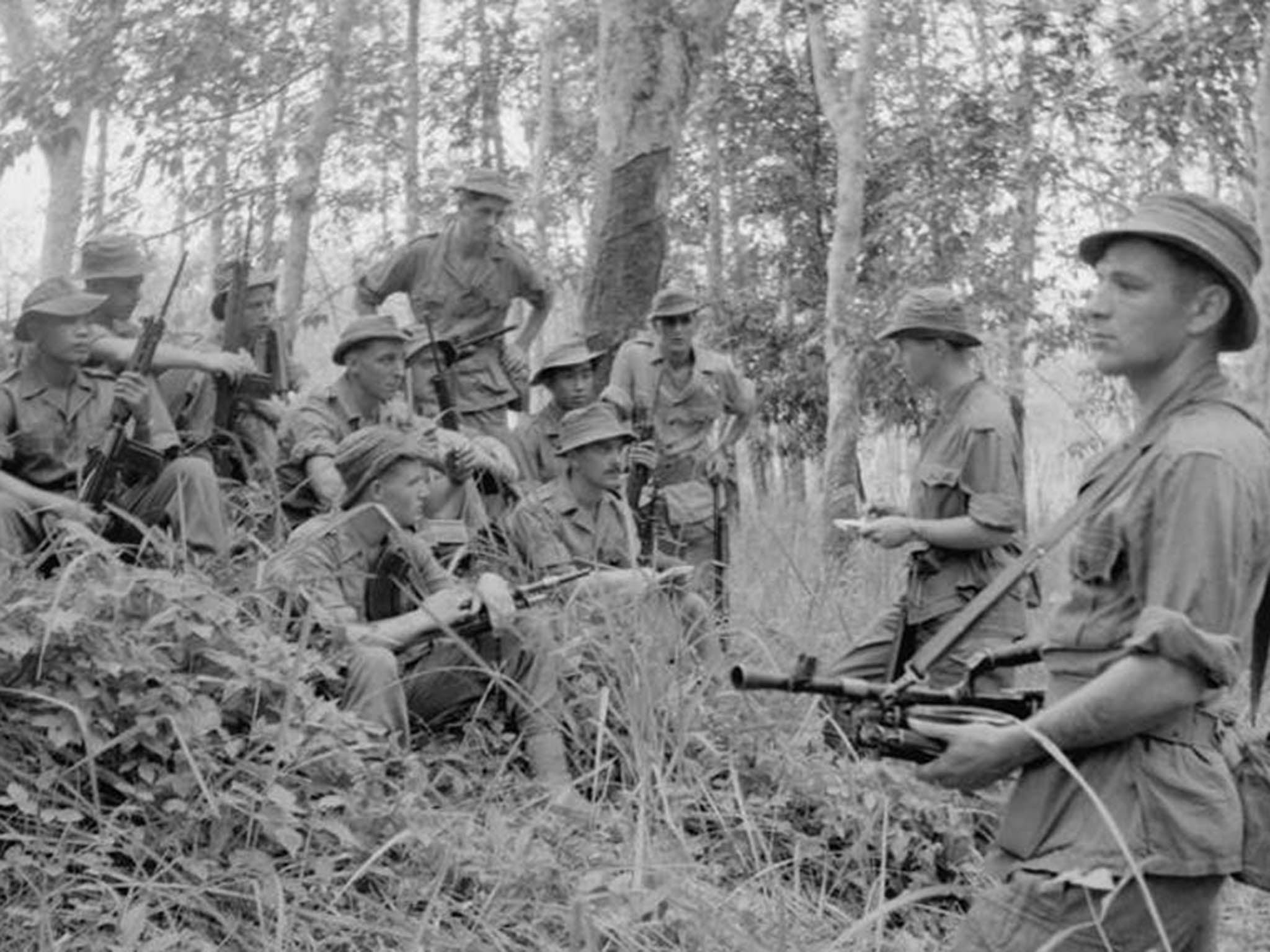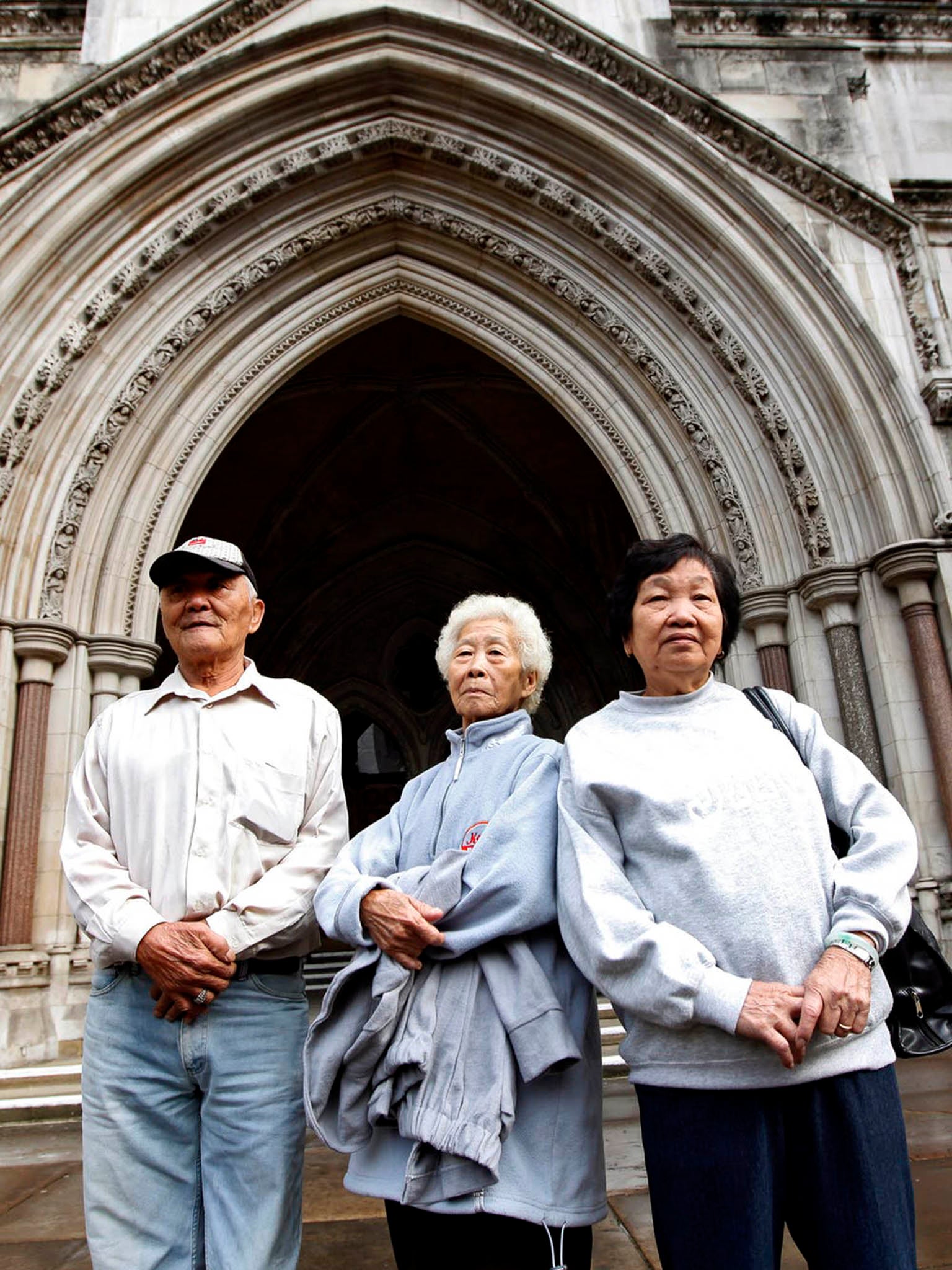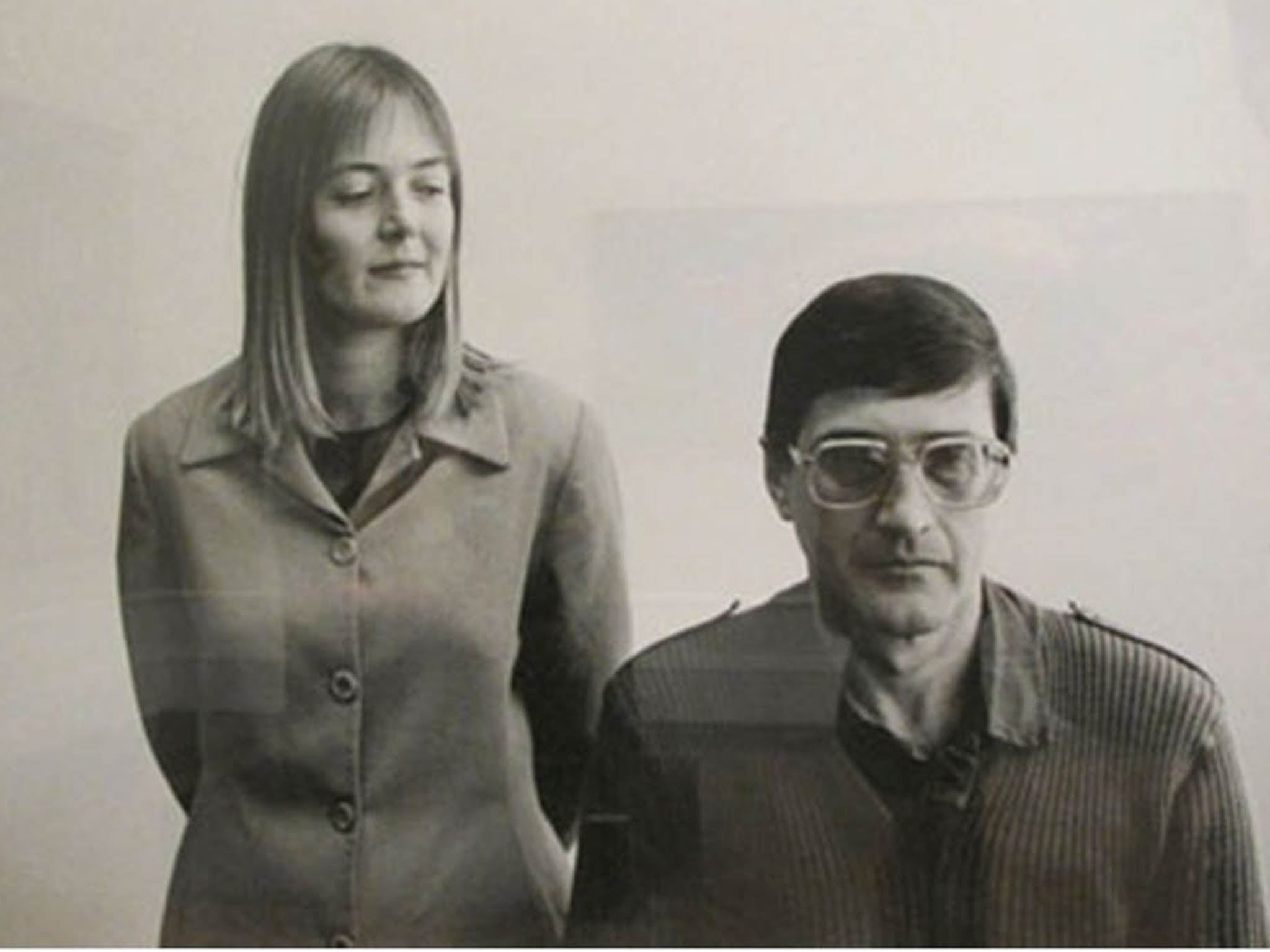Massacre in Malaysia: Why an investigation into alleged UK colonial crimes faltered
British troops allegedly killed 24 unarmed villagers in Batang Kali in 1948, but the government still refuses a public inquiry

Let bygones be bygones. Let sleeping dogs lie. But not everyone would agree: for decades the families of 24 people allegedly massacred by British soldiers in 1948 at Batang Kali, Malaysia, have been trying to get the UK to investigate – without success. Their efforts recently came to the end of the line when an application to the European Court of Human Rights was rejected.
The families, led by Nyok Keyu Chong, thought the UK should investigate because in 1948 Batang Kali was within the British Empire. There had been investigations in the past, but Chong thought they were not good enough, and that new information from the Royal Malaysia Police and a 2009 book would make a difference. However, the UK government refused a new inquiry, and an appeal to the UK Supreme Court was unsuccessful. In desperation the families turned to the European Court of Human Rights, which has now ruled that the European Convention on Human Rights cannot help them.
The backdrop to this case is a 21st-century revision of how we view events of the past. Wrongdoing that was once swept under the carpet is now being re-examined, with people asking important questions about the UK’s reliance on slavery and colonialism.
The official line just after the Batang Kali massacre was that a number of “bandits” had been shot while making an attempt to escape custody. In 1969 The People newspaper reported that the victims were killed in cold blood, and several of the alleged perpetrators appeared on TV to confirm this new version of the events. The Labour government at the time said it was taking the matter very seriously, but after the Conservatives won the 1970 general election the investigation was cancelled.
The right to truth

In the wake of awful events, finding out exactly what happened, and why, takes on a special significance. After the fall of apartheid in South Africa, the country embarked upon a process of “truth and reconciliation”. A commission was established, with the power to grant amnesties in return for information. Getting to the truth was so important that South Africa was willing to sacrifice the ability to prosecute people who had done terrible things.
The UN General Assembly has gone so far as to promote the idea of a “right” to the truth in respect of the most serious human rights violations. It also proclaimed 24 March as an annual “day for the right to the truth”. These efforts are designed to encourage states, but that is as much as the UN can do here – encourage. Since the General Assembly is not a parliament and does not make international law, there is a problem when states refuse to be “encouraged”.
This is what faced the families of the victims of the Batang Kali massacre. Spurred on by changing attitudes to colonialism, families’ leader Chong thought the time was right to request a new public enquiry. The UK government refused, so Chong tried, in effect, to use UK and European human rights law to enforce a right to the truth.
A disappointing outcome
International human rights law has long recognised that some past violations have effects that continue into the present day: these are called “continuing violations”. The clearest example is enforced disappearance, where it is accepted that the uncertainty and anguish felt by relatives continues until the fate of the missing person is known. The events at Batang Kali cannot be characterised as enforced disappearances so the law as it stands, disappointingly, does not recognise that they give rise to a “continuing violation”.

Sometimes when new information about events even in the distant past (including cover-ups) comes to light, it can trigger a present-day obligation to investigate. This is because the right to life contains not only a duty not to deprive people of their life arbitrarily, but also a duty to investigate suspicious deaths. The European Court found that there were not enough new developments in relation to Batang Kali.
The European Court has said that it might look into the failure to investigate historical events that go against the very foundations of the European Convention, such as war crimes or crimes against humanity. This would be to protect the underlying values of the convention. However in the Batang Kali case, the European Court said that such “convention values” cannot help where the events took place before the European Convention on Human Rights even existed.
The European Court of Human Rights is a great institution that has real power to promote justice. And it has in the past recognised that proper investigations promote the right to truth. In the Batang Kali case it could have found that refusing to investigate the alleged events and cover-up gave rise to a “continuing violation”. It could have found that new materials supplied by Chong were a significant new development. Finally it could have found that a present-day “convention value” is to investigate credible allegations about the worst excesses of colonialism. The European Court invented the “convention values” test only recently, and it is in its power to put events to that test. Given this historic opportunity, it is profoundly disappointing that the court declined to put itself on the frontline in the quest for a right to the truth.
It was, and indeed still is, possible for the UK government to instigate a public inquiry into the events of 1948. With concerted political pressure it might still happen – and while at least some of the people who were there as children are still alive and able to find out why their parents were killed.
James Sweeney is a professor at Lancaster law school, Lancaster University. This article was first published on TheConversation.com
Join our commenting forum
Join thought-provoking conversations, follow other Independent readers and see their replies
Comments
Bookmark popover
Removed from bookmarks